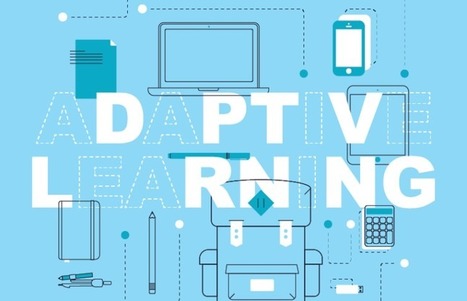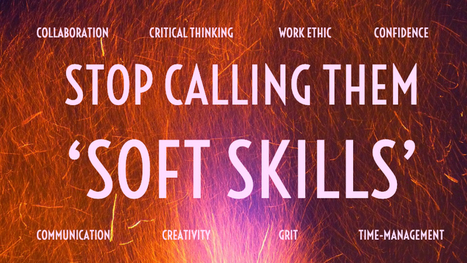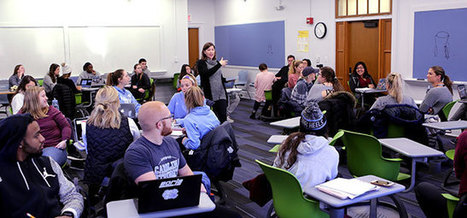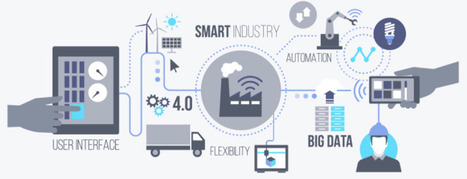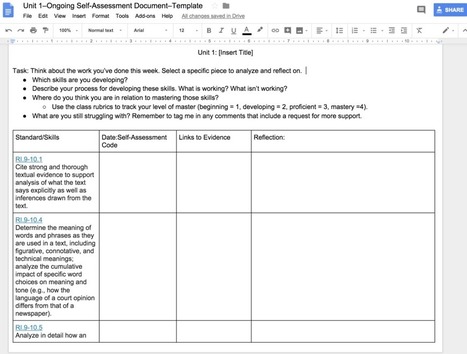Corporate eLearning has seen its share of eLearning trends, hype as well as some sure-shot strategies to success. However, most organizations are still not satisfied with what their corporate eLearning program can achieve. The reason behind this fact is that most eLearning programs don’t focus on the individual learning or training needs of the employees/learners, and try to impose a one-size-fits-all approach on all of them. The result is a general eLearning course that does not take into consideration the learner’s past knowledge, their interests nor their personal and professional goals. It is no wonder that such courses fail to engage their learners, and thus fail to inculcate the required skills in them. What corporate eLearning requires is a learning system which adapts in real-time to the needs of every employee/learner. Adaptive learning is exactly that, which is why it is the need of the hour. In this article we’ll further discuss why adaptive learning is exactly what corporate eLearning needs.
Research and publish the best content.
Get Started for FREE
Sign up with Facebook Sign up with X
I don't have a Facebook or a X account
Already have an account: Login

New Learning Ecologies, Instructional Design, EdTech, eLearning, mLearning & more...
Curated by
Edumorfosis
 Your new post is loading... Your new post is loading...
 Your new post is loading... Your new post is loading...
No comment yet.
Sign up to comment
|
|


